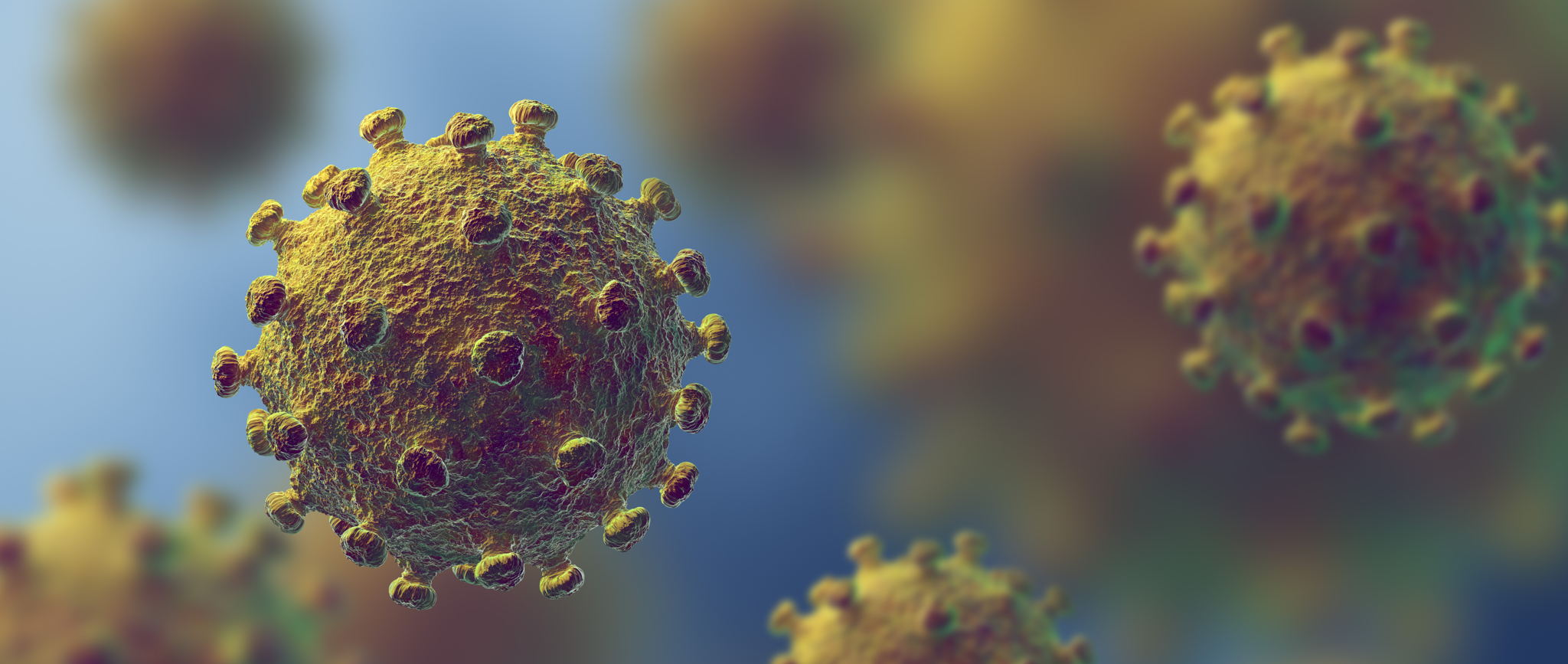RSV vaccines could offer protection against asthma
Ghent, November 28, 2025 – Belgian scientists from VIB and Ghent University (UGent), together with Danish collaborators, have uncovered compelling evidence that early-infancy infection with respiratory syncytial virus (RSV) significantly increases the risk of developing childhood asthma—especially in children with a family history of allergy or asthma. Their study, published today in Science Immunology, suggests that protecting newborns against RSV could substantially reduce asthma cases later in life.
Early triggers of asthma
Across Europe, 5–15% of children live with asthma—a chronic condition that affects quality of life, can burden families for years, and generates considerable societal costs. Identifying ways to prevent asthma before it develops is therefore a major public health priority.
“Childhood asthma is a complex disease with many contributing factors,” says Prof. Bart Lambrecht (VIB-UGent Center for Inflammation Research), senior author of the study. “We found that early-life RSV infection and genetic allergy risk interact in a very specific way that pushes the immune system toward asthma. The encouraging news is that this process can be prevented.”

The study: infection, inheritance, and immunity
By combining population-wide health registry data from all Danish children and their parents with controlled laboratory experiments, the researchers uncovered how early viral infection and inherited allergy risk amplify one another.
Infants who experience severe RSV infections in the first months of life show an increased likelihood of immune cells overreacting to common allergens, such as house dust mites. This effect is dramatically intensified when asthma or allergy runs in the family, as allergen-specific antibodies passed from parents to the newborn further heighten sensitivity.
Prevention shows powerful promise
Importantly, the team found that when newborns were protected from RSV in experimental models, these harmful immune shifts did not occur, and asthma development was prevented.

“With RSV prevention now becoming widely accessible, we have an opportunity to improve long-term respiratory health, not just prevent RSV hospitalizations,” says Prof. Hamida Hammad (VIB-UGent), co–senior author. “This is not just a laboratory insight. It’s a message that should help parents choose RSV prevention with confidence.”
Maternal vaccination during the third trimester of pregnancy and passive immunization of newborns with long-acting antibodies are being introduced in many countries. Yet despite their strong ability to prevent RSV hospitalizations, uptake remains inconsistent.
“This is a moment where policy, science, and pediatricians can come together,” adds Lambrecht. “If preventing RSV infection also reduces asthma risk, the benefits for families and health systems could be enormous.”
Publication
Maternal allergy and neonatal RSV infection synergize via FcR-mediated allergen uptake to promote the development of asthma in early life. De Leeuw, Justesen, Bosteels, et al. Science Immunology, 2025. DOI: 10.1126/sciimmunol.adz4626
Funding
This work was supported by the European Research Council, the University of Ghent, and Research Foundation – Flanders (FWO).
Questions from patients
A breakthrough in research is not the same as a breakthrough in medicine. The realizations of VIB researchers can form the basis of new therapies, but the development path still takes years. This can raise a lot of questions. That is why we ask you to please refer questions in your report or article to the email address that VIB makes available for this purpose: patienteninfo@vib.be. Everyone can submit questions concerning this and other medically-oriented research directly to VIB via this address.



